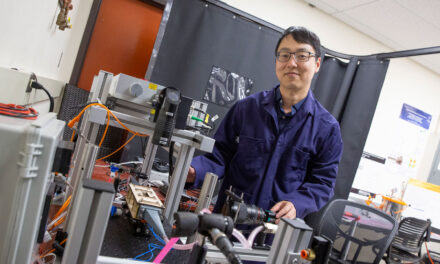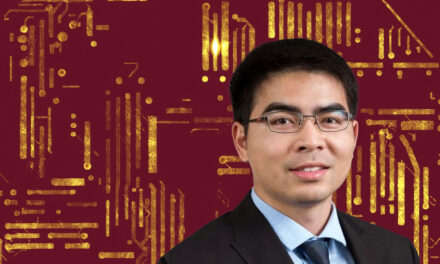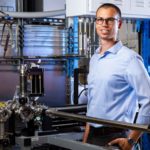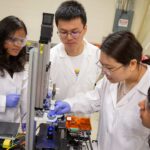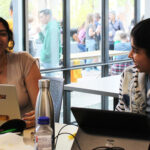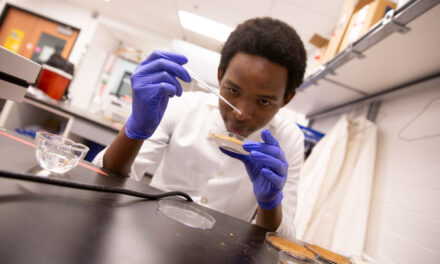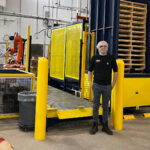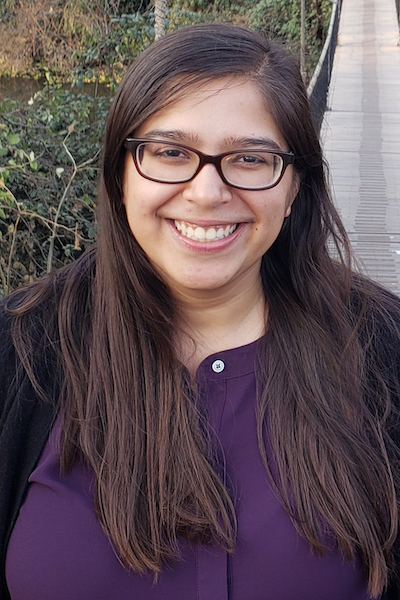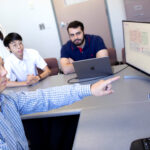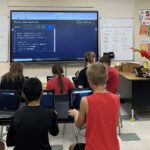
Dean's Dissertation Award, Fall 2019
Anjali Mulchandani
Arizona State University first caught Anjali Mulchandani’s attention when she was an undergraduate at UCLA and attended a seminar by ASU Regents Professor Bruce Rittman about his work in the Swette Center for Environmental Biotechnology at ASU’s Biodesign Institute.
When she visited ASU’s Tempe campus, Mulchandani said, she could immediately see how the goals set forth in ASU’s charter mirrored her personal values.
“The university’s missions of access, excellence, impact and innovation create an environment where students, faculty and key stakeholders all collaborate to solve the grand challenges facing our world today.”
Throughout her academic career, Mulchandani explored a variety of fields, beginning undergraduate studies in microbiology, later switching to environmental engineering and eventually combining the fields to conduct research in environmental microbiology. Inspired by Rittman’s work, when she arrived in the Fulton Schools, she was looking to do research on sustainable water treatment technologies.
“I spent my first two years at ASU studying sustainable management strategies for sewage sludge to recover valuable resources like energy, metals like gold and nutrients,” she said. “After defending my master’s thesis, I was looking to move more into drinking water. I saw how much waste we produce in the drinking and wastewater processes, and was inspired to work on developing technology that produced drinking water with very minimal waste.”
Mulchandani decided to pursue a graduate degree in environmental engineering and began conducting research with Regents Professor Paul Westerhoff’s lab team.
Her dissertation work focused on using technology that produces water from the air’s moisture to develop a decentralized drinking water supply for underserved communities experiencing a water crisis.
“By capturing the water out of the air, we do not produce any waste products and have a very clean, sustainable supply of water,” Mulchandani said. “Atmospheric water capture has the potential to really be a game-changer for both decentralized drinking and industrial water supplies.”
Mulchandani got funding from the National Science Foundation “to do whatever she wanted,” said Westerhoff, her advisor. “She definitely thrived with that kind of independence. Some people take things on just to do them, but she really has the passion to follow through and do an amazing job on everything she takes on.”
In addition to her research, Mulchandani has been an avid volunteer in support of educational outreach efforts. She served as a technical expert for sixth and seventh-grade teams in Arizona FIRST Lego League robotics competitions and participated on an expert panel to discuss water issues.
“[Mulchandani’s] technical guidance to the kids helped encourage them to dig deeper into their research and also think about the problems they were attempting to address in an analytical way,” said Marc Lottman, mentor for the Battlebots 2.0 FIRST Lego League team. “She is a major reason why the team did so well this year on the research and project parts of the competition.”
The Battlebots ended up winning the prestigious research award at the state FIRST Lego League championship.
Following graduation, Mulchandani hopes to become a university professor and continue to make an impact through teaching and environmental research.
Read about other exceptional graduates of the Fulton Schools’ fall 2019 class here.


